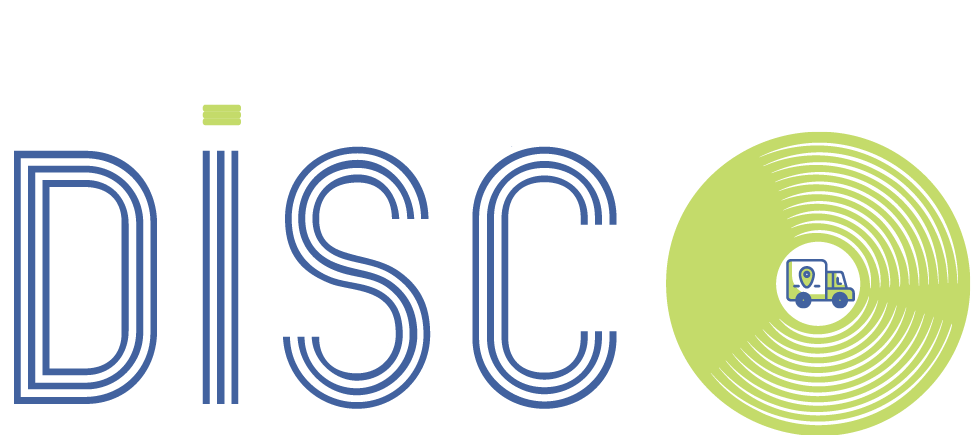
Denmark
Use of shared transport facilities as urban micro-hubs and open consolidation hubs through real time data collection by logistics service providers.
The City of Copenhagen is one of the selected EU Mission 100 climate-neutral and smart cities by 2030. To reach its climate objectives and deploy zero-emission logistic solutions, Copenhagen is taking an integrated approach through DISCO to ensure that the entire functional urban area benefits from the transition. The City recognises that its policies will affect local stakeholders, and will therefore work closely with industry sectors, citizens, and public authorities to ensure desirable outcomes for all.
The Copenhagen Living Lab consists in the development of a logistics Digital Twin (DT) as a decision support system to evaluate in advance the effects on logistics and goods delivery of several potential policy and infrastructure interventions (e.g., road closures, zero-emission zones, deployment of local or regional hubs, weight limitations, curb side management).
The DT will be fed in an innovative way, through an enhanced local urban freight data collection at the urban and peri-urban level by leveraging on local initiatives that involve relevant stakeholders related to urban logistics.
The DT will also support the development of micro-hubs and open consolidation hubs in the city thanks to the use of shared transport facilities. The data will provide knowledge and support the development of real-time decision-making tools for policy and managing logistics traffic.
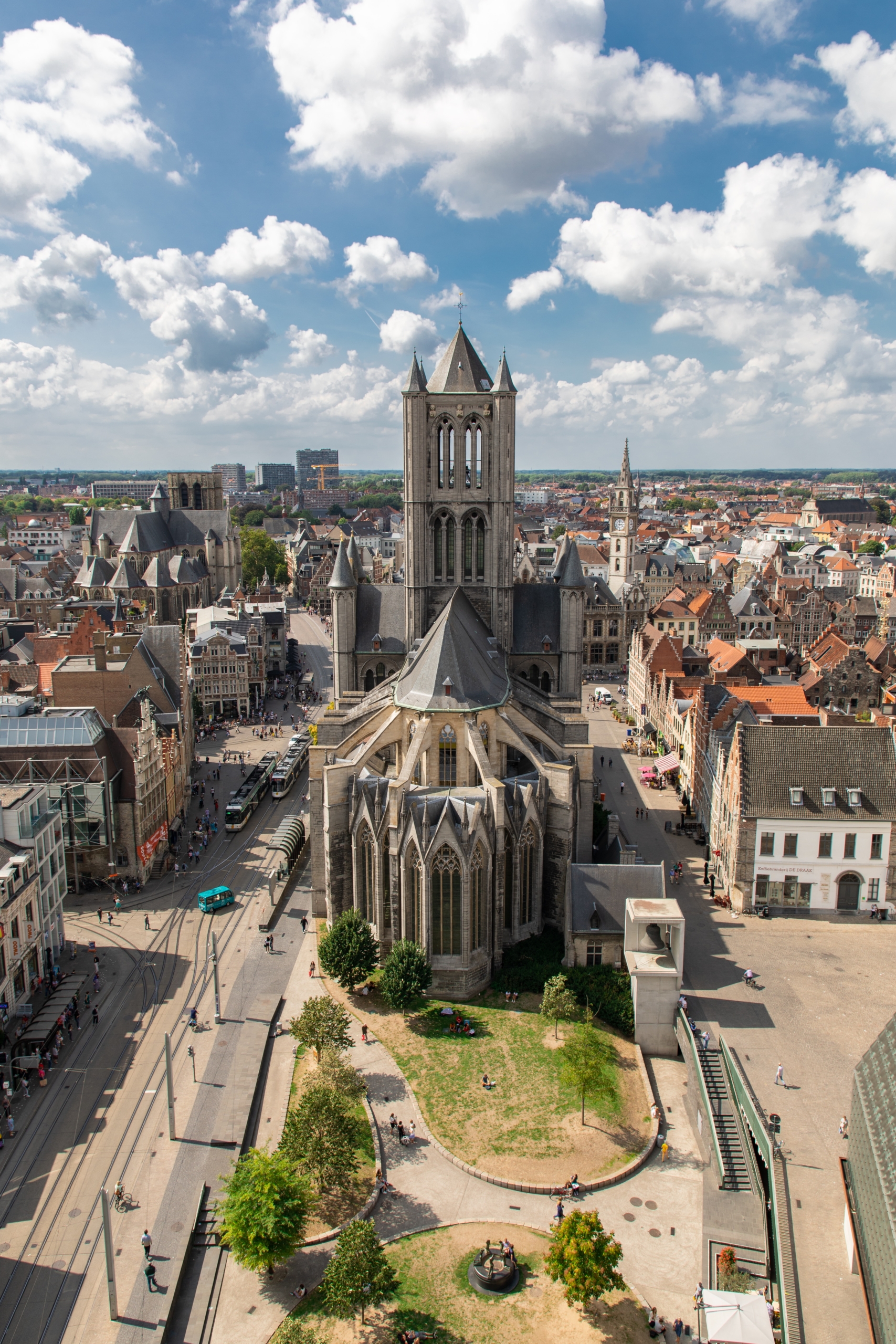
Belgium
Public-Private cooperation for dynamic, data-driven and automated communications, incentivising effective and zero emission operations in last-mile deliveries.
The City of Ghent is a medium-sized medieval European city surrounded by an inner ring and outer ring (R4). In the historic centre, Ghent has a pedestrian area of 2 km². The municipality has incorporated many efforts to green the city including a modal shift as a cornerstone in Ghent’s SUMP 2014 and in 2019, a low-emission zone and a “Vision for the Use of Water in the City” which focuses on developing the use of waterways for freight transport. Ghent also aims to be climate neutral by 2050.
The Ghent Living Lab pursues automated communication of rules, sustainable alternative routes/modes, and in general city access regulations to allow for a pre-trip planning phase of transport network management and to pro-actively engage logistics service providers in choosing sustainable alternative solutions for city logistics. The communication is operated through the integration of Transport Management Systems by providers and advising them on more effective and sustainable options for last-mile delivery. It upgrades the existing Dynamic Access Control thanks to a data space focusing on creating trust between the market and local authorities, so that innovations aim to support net-zero SULP policy making. This system will be fully transferrable and scalable.
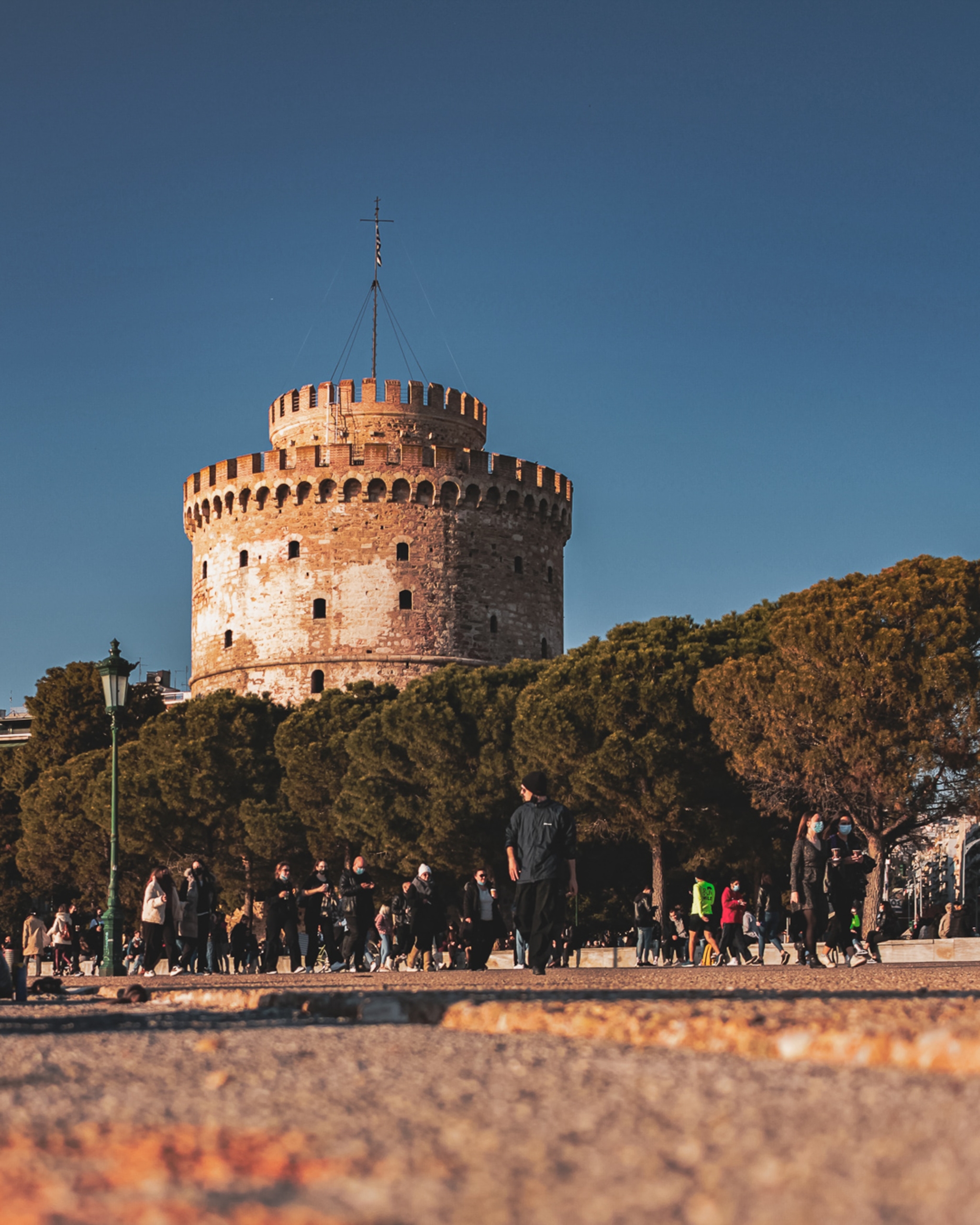
Greece
Multipurpose, multi-tenant and temporary use of buildings as logistics hub, supported by optimally located smart data collection via road sensors, to help detect freight flows and zero-emission freight transport
The City of Thessaloniki is one of the 100 EU Mission climate-neutral and smart cities by 2030. The City’s challenge is to become a zero-emission city by 2030, achieve optimised use of public space and overall enhanced citizens’ quality of life. Currently, in the historical centre, the main demand generators for last-mile transport are the commercial establishments and, more specifically, from fashion and HORECA.
Thessaloniki has applied, across the whole historical centre, a weight and capacity restriction policy in which vehicles up to 8 tons are allowed to enter at specific time-windows for loading / unloading (L/U) activities. Underreporting of illegal activities and limited control by the city has led to resistance and added conflicts among the society, the public administration, and the business sector.
The Thessaloniki Living Lab will consist in the development of a new business model which integrates urban freight transportation data with cooperative city logistics schemes and space/land data, to optimize the TIF HELEXPO Exhibition Centre’s underutilized space as a flexible logistics hub. The solution implemented aims to achieve the city’s main sustainability targets for a CO2 neutral and zero-emission city by 2030 thanks to the reduced number of delivery vehicles circulating in public spaces, thus reducing traffic congestion and ensure better quality of life.
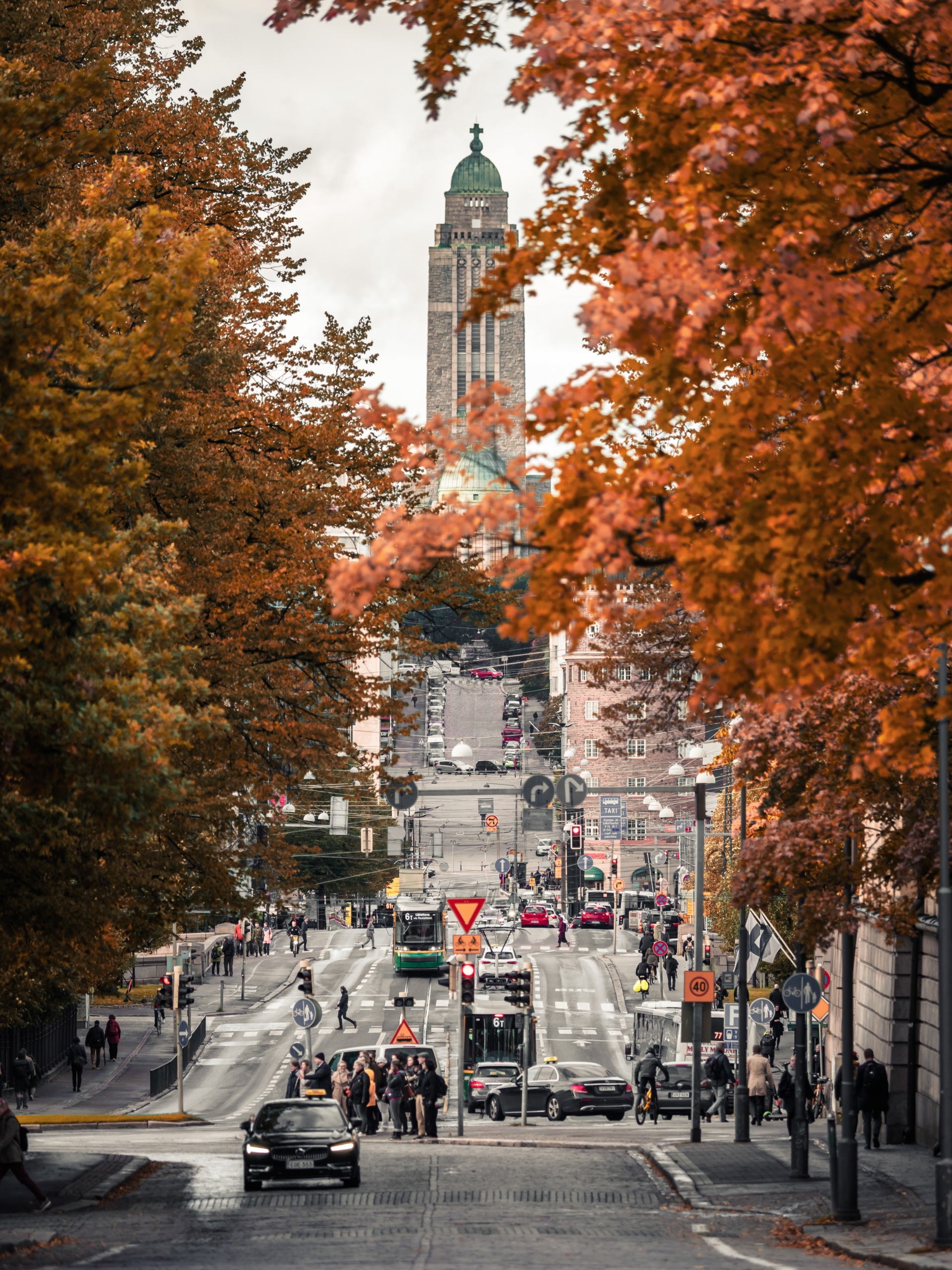
Finland
Multifunctional micro-hubs with network management and flexible use of space promoting use of zero-emission freight transport modes (bikes and vans) to implement dynamic Low Emission Zones.
The City of Helsinki is one of the 100 EU Mission 2030 climate-neutral and smart cities. Helsinki logistics operations are currently primarily led by private companies, but the city has an ambition to support the logistics field towards a new sustainable operational model in line with the action plan for city logistics, updated in 2020. In Helsinki, delivery trucks 22-26% of traffic emissions in the city. The overall share of vans used for last-mile logistics is unknown, but most vans are used for other purposes.
The Helsinki Living Lab will develop a new business model to optimise underused spaces and to promote the use of innovative, efficient, and low/zero emission of urban freight transport modes. This goal will be achieved thanks to the use of existing data sources for public space monitoring which will complement Helsinki’s Mobility Digital Twin (DT), supporting and contributing to Helsinki’s Action Plan for City Logistics. For Helsinki, the last-mile accessibility data will greatly reduce the amount of driving around, looking for building the entrances and parking spaces, that delivery vehicles are required to do. Reducing unnecessary traffic through tight spots increases the attractiveness of an area, improves traffic safety, and reduces emissions.
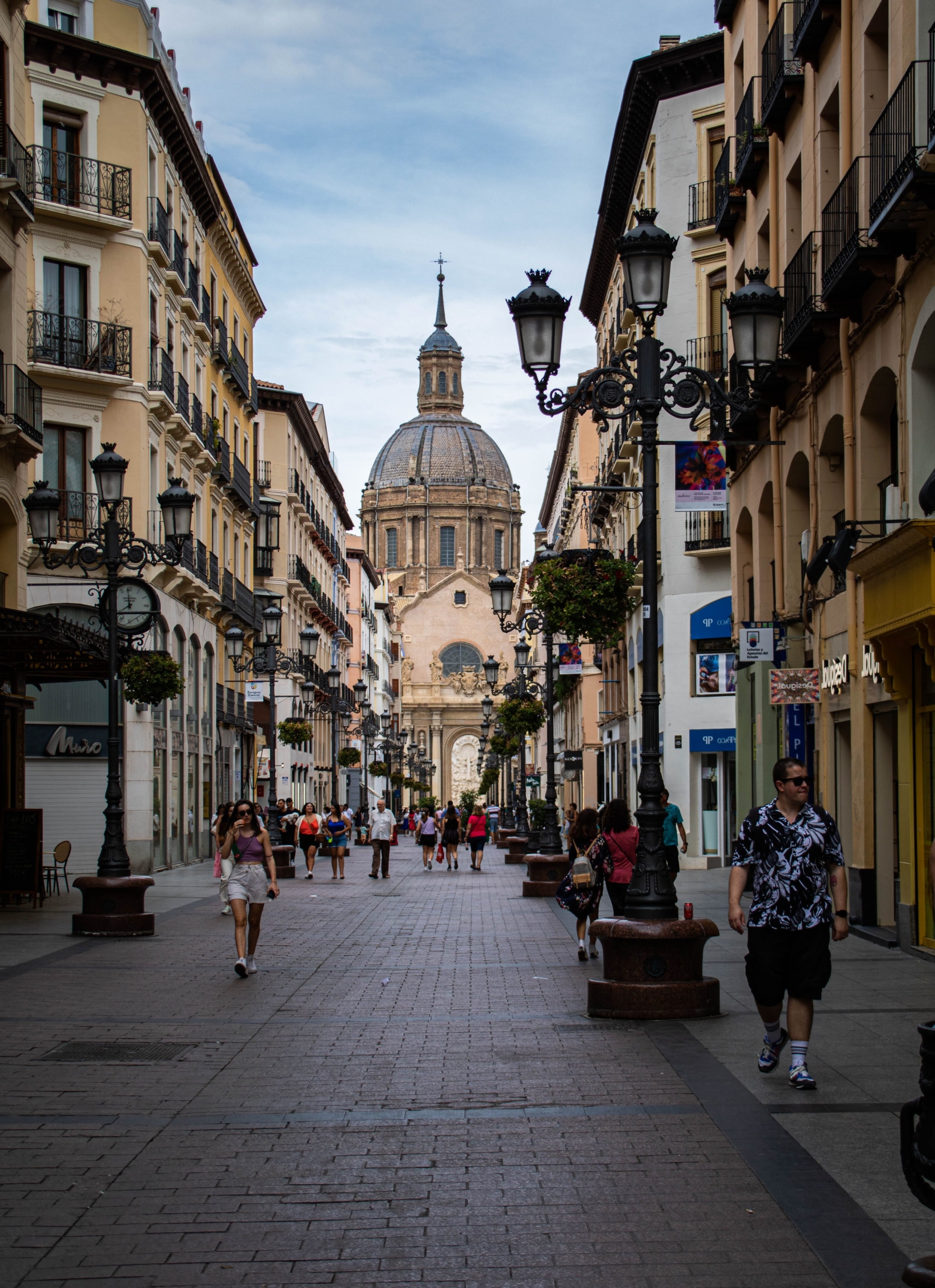
Spain
Boosting advanced B2C/B2B last-mile for local commerce valorising micro-hubs in underused spaces, powered by smart predictive models, and operated by zero-emission vehicles and smart curb side use, generating green business opportunities.
The Zaragoza Living Lab will enhance its last mile delivery thanks to an adapted Control Tower of multi stakeholder delivery management. It will boost local commerce via the integration and enhancement of the Citizen Card and the Volveremos groupon program, which provide an understanding of the transport and social behaviours. The Data Space will be utilised as a solid platform to create added value to the city by developing a vision and a work line withinthe City’s #DataLab team’s adapted to the guidelines of the Data Act initiative. All in all, the results from DISCO will motivate the generation of guidelines, storytelling, APIs, predictive based algorithms, and models to facilitate the adoption and replication among other European mid-size cities.
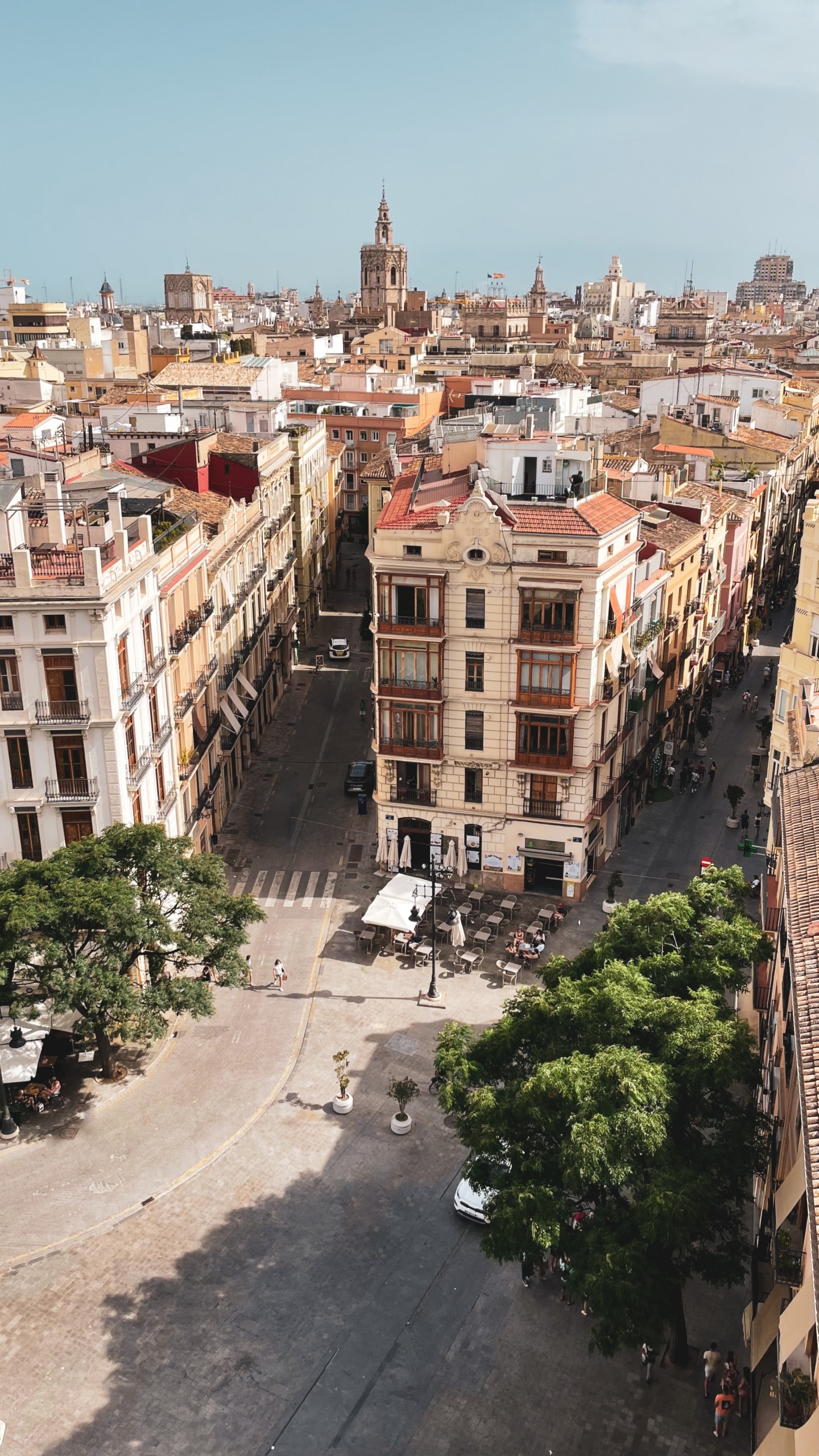
Spain
Boosting advanced B2C/B2B last-mile for local commerce valorising micro-hubs in underused spaces, powered by smart predictive models, and operated by zero-emission vehicles and smart curb side use, generating green business opportunities.
The Valencia Living Lab will implement a Supply Chain Hub (SCH), a flexible logistics facility in which several supply chains that serve the B2B/B2C last mile will be managed. In DISCO, AI will be used for the consolidation and regrouping of loads (multisector and multiproduct), unification of the distribution in a single fleet of zero-emission vehicles (100% electric designed to carry out an operationally efficient last mile distribution).

Spain
Boosting advanced B2C/B2B last-mile for local commerce valorising micro-hubs in underused spaces, powered by smart predictive models and operated by zero-emission vehicles and smart curb side use, generating green business opportunities.
Barcelona, Valencia, and Zaragoza have established a well-connected cluster of cities belonging to the same country (Spain) to empower the positive effects of implementation, uptake, and replication potentials of sets of complementary measures on a larger scale and in various local conditions. All the three cities have ambitious plans and sustainable goals and have therefore all been selected as part of the “100 EU Mission climate-neutral and smart cities by 2030”.
The Spanish Cluster will be testing all DISCO innovation models. The Barcelona Living Lab will develop a Decision Support System to measure and predict the demand of freight trips in the city. The valorisation of the data gathered and of the existing Digital Twin infrastructure will improve the City’s capacity to respond to city logistics needs for more dynamic operations and urban space and other assets use. The new curb management model is expected to significantly increase the effectiveness and efficiency of the last mile transportation system of the city and could be used as a paradigm shift towards digital management of L/U parking slots for logistics processes.

Italy
Dynamic urban space re-allocation adopting modular lockers and coordinated network in real-time with logistics service providers.
The City of Padua is a major centre for services, tourism, and culture, and is surrounded by a large, dynamic area that has experienced significant growth in recent years and, as such, is a significant generator of travel.
The city is well connected with neighbouring cities in the Veneto Region, and with long-distance transport networks. It is one of the selected 100 EU “Mission climate-neutral and smart cities by 2030”: to accelerate achievement of its decarbonisation goals, the city to improve and further decarbonize urban logistics and reduce freight flows.
The Padua Living Lab will consist in the development and implementation of innovative urban logistics solutions based on the cutting-edge innovative system called NEXT, focused on urban space re-allocation, in terms of static shared micro-hubs, dynamic lockers and temporary shops (dynamic urban space re-allocation). The LL will integrate a “dynamic urban logistics network” made of strategically positioned logistics urban hubs to consolidate transport flows. Shared infrastructure and available urban spaces (local microhubs) will define the innovative concept of “dynamic lockers”.

Germany
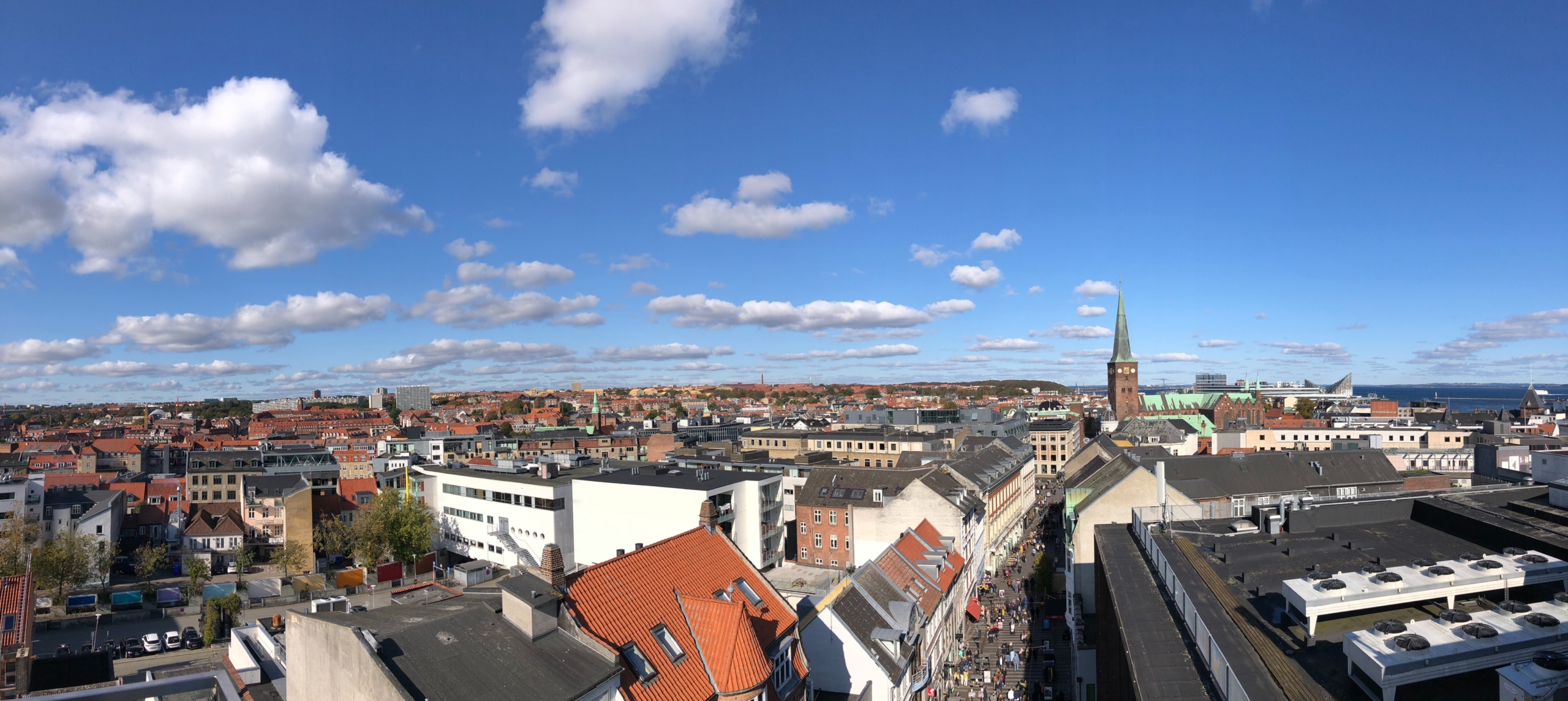
Denmark
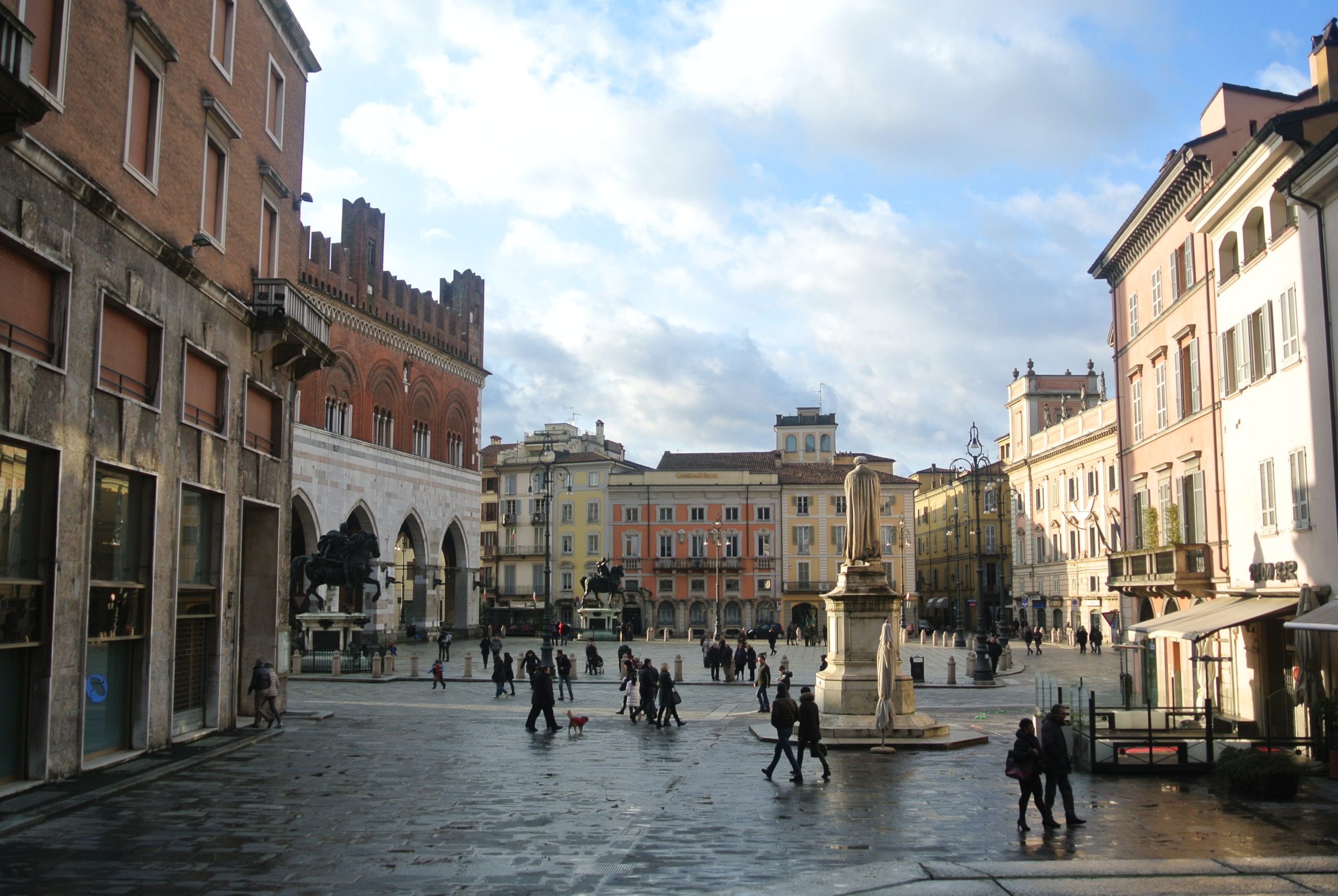
Italy
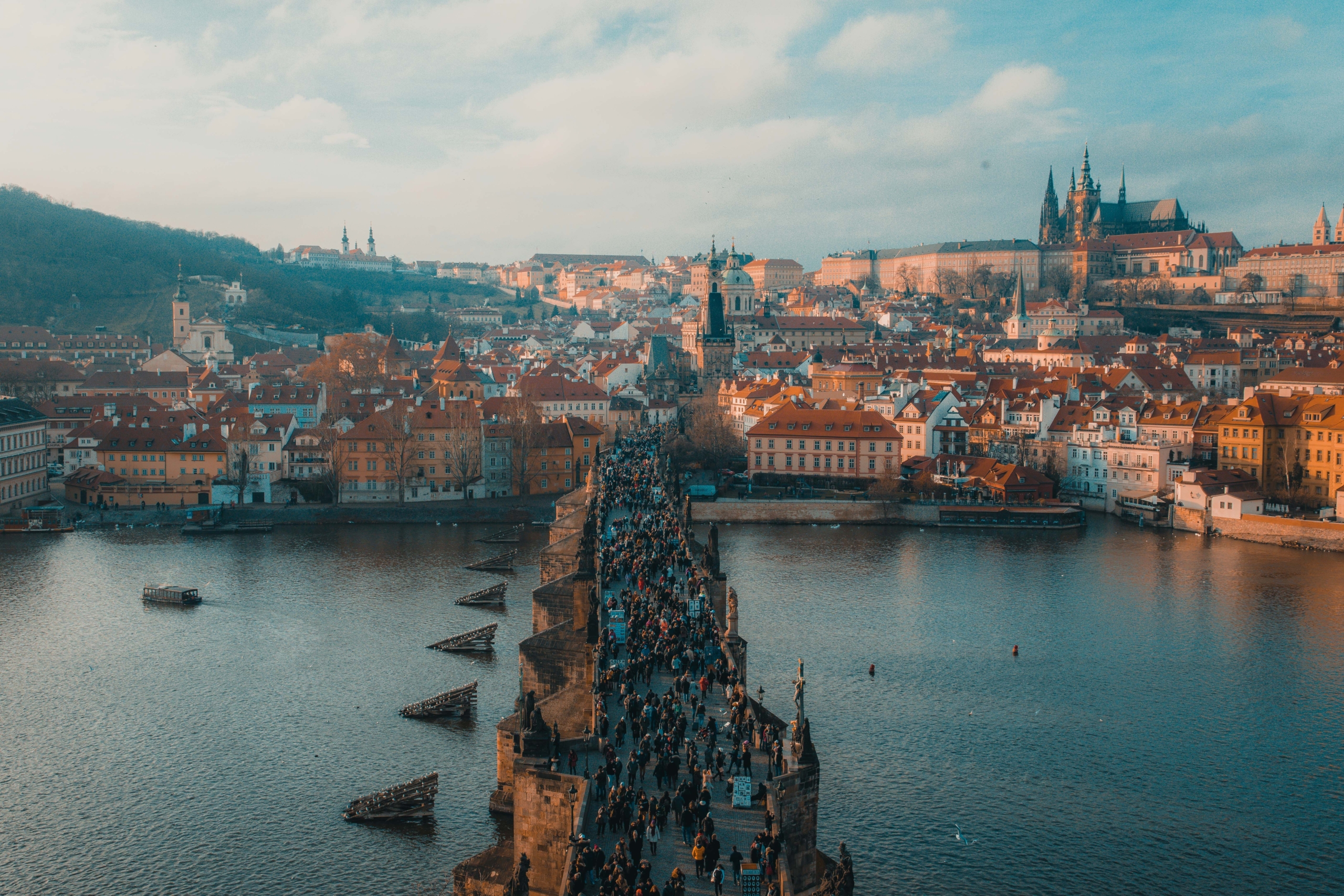
Czech Republic
